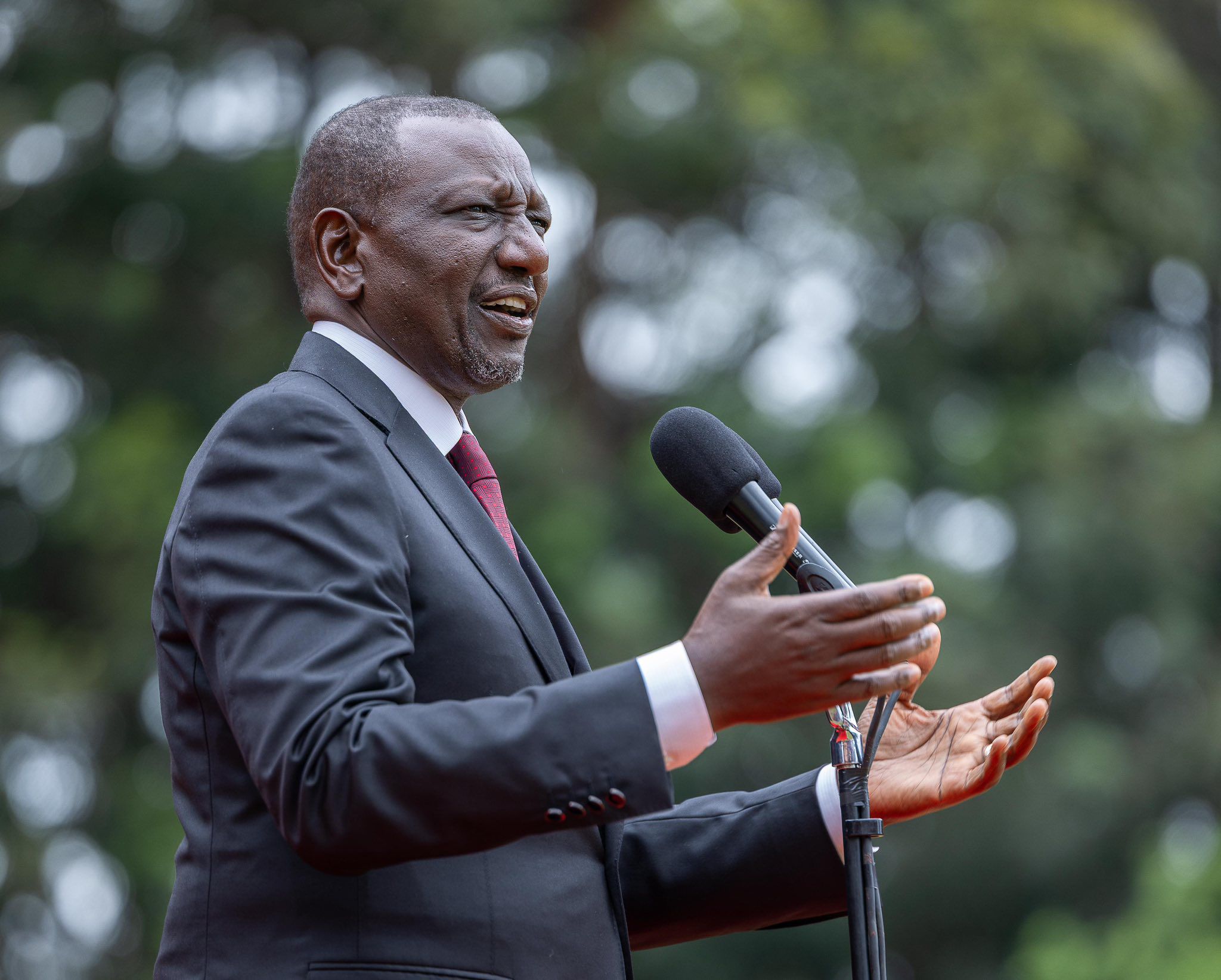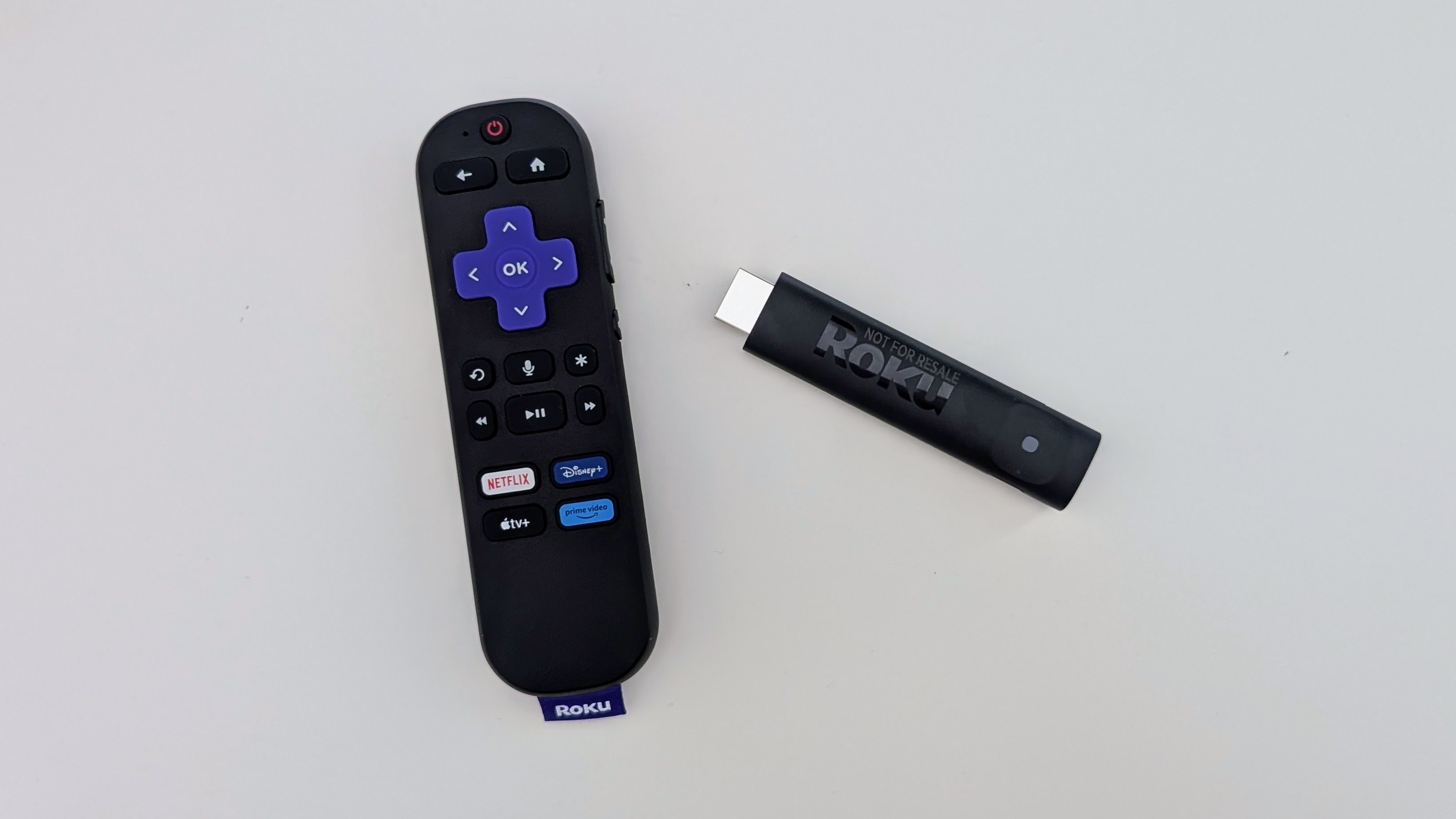Nigerian Banks Resume Naira Card International Transactions, But With Tight Limits

After nearly three years of restrictions driven by severe foreign exchange (FX) shortages, several major Nigerian commercial banks have resumed international transactions on Naira-denominated debit cards — a move signaling renewed confidence in Nigeria’s FX market and the Central Bank’s management of foreign currency flows.
Customers of top-tier institutions such as Guaranty Trust Bank (GTBank), United Bank for Africa (UBA), Wema Bank, and others are once again able to use their Naira debit cards for payments on global platforms like Amazon, Netflix, Apple, and Spotify. However, the restored access comes with capped quarterly spending limits, with thresholds that vary by bank and, in some cases, even by customer.
GTBank was among the first to notify its customers, confirming in an email on Friday that its Naira Mastercard now supports international transactions, with a quarterly spending limit of $1,000. This ceiling includes all categories — ATM withdrawals, POS transactions abroad, and online purchases. ATM withdrawals alone are capped at $500 quarterly.
Register for Tekedia Mini-MBA edition 18 (Sep 15 – Dec 6, 2025) today for early bird discounts. Do annual for access to Blucera.com.
Tekedia AI in Business Masterclass opens registrations.
Join Tekedia Capital Syndicate and co-invest in great global startups.
Register to become a better CEO or Director with Tekedia CEO & Director Program.
Curiously, not all GTBank customers are receiving the same limit. Bashir Ahmad, former media aide to ex-President Muhammadu Buhari, revealed via his X (formerly Twitter) account that his card was reactivated with a $4,000 quarterly limit, highlighting an unexplained inconsistency. GTBank has yet to officially clarify the criteria behind these varied thresholds, but many suspect they are based on account type, transaction volume, or customer profile.
UBA also announced the reactivation of international usage for its Premium Naira Cards, including Gold, Platinum, and World variants, stating customers could now “shop globally, swipe at POS machines abroad, and withdraw at ATMs internationally.”
Wema Bank followed with its own update, notifying customers that their Naira Mastercards were now “global,” granting them access to international platforms without the need for domiciliary accounts or virtual dollar cards.
For ordinary Nigerians, this development is a long-awaited relief. Since 2022, customers have faced mounting difficulties in paying for foreign services like Twitter Premium, iCloud storage, and Spotify subscriptions. Many resorted to third-party fintech platforms offering virtual dollar cards, often at premium rates and with additional risks.
The resumption of international functionality means greater convenience and lower dependency on intermediaries. It also marks a potential revenue rebound for global platforms whose Nigerian user bases had been cut off from seamless payment options during the card suspension period.
The decision to restore international transactions wasn’t spontaneous. Analysts attribute the shift to a marked improvement in Nigeria’s FX environment. According to Ayokunle Olubunmi, head of financial institutions ratings at Agusto & Co, the move is backed by better liquidity in the FX market and a reduced gap between the official and parallel market rates, which had previously encouraged arbitrage and speculation.
Charles Sanni, CEO of Cowry Treasurers, echoed the sentiment. “The naira has continued to appreciate against major currencies, diaspora remittances are rising, and new CBN policies are allowing non-residents — especially Nigerians abroad — to open accounts with ease,” he told The Cable.
Sanni added that renewed investor confidence, clearing of FX backlogs, the launch of a new FX trading platform, rising global oil prices, and efforts to recapitalize banks are all factors supporting the policy reversal.
Between 2022 and 2023, nearly every major bank halted international transactions using Naira cards as Nigeria’s dollar reserves came under immense pressure. In July 2022, Standard Chartered was the first to suspend global transactions on its Naira Visa debit card. First Bank followed in September, while GTBank, Zenith Bank, and others joined by January 2023.
The withdrawal of service came just before the 2023 general elections, at a time when foreign exchange demand skyrocketed and supply faltered. The CBN struggled to meet dollar obligations, leaving banks with little choice but to ration FX usage. Fintechs like Flutterwave and Eversend also suspended virtual dollar card services during the same period.
With GTBank, UBA, and Wema Bank leading the way, industry observers expect other commercial banks to resume international Naira card transactions soon. The competition among banks to retain and attract retail customers, especially high-net-worth clients and frequent travelers, is expected to accelerate the process.
The resumption of Naira card use for global payments is also expected to offer a short-term confidence boost in the banking sector, but it also underscores the fragility of Nigeria’s FX market. Analysts note that while convenient for consumers, the tight spending limits point to a cautious approach by banks — they are clearly not yet confident enough to fully restore pre-2022 functionality.
However, for many Nigerians, being able to pay for services directly — without needing to load a dollar card, or rely on risky workarounds — is a return to digital normalcy, however partial. Whether this newfound access lasts will depend on the continued stability of Nigeria’s volatile FX market.













